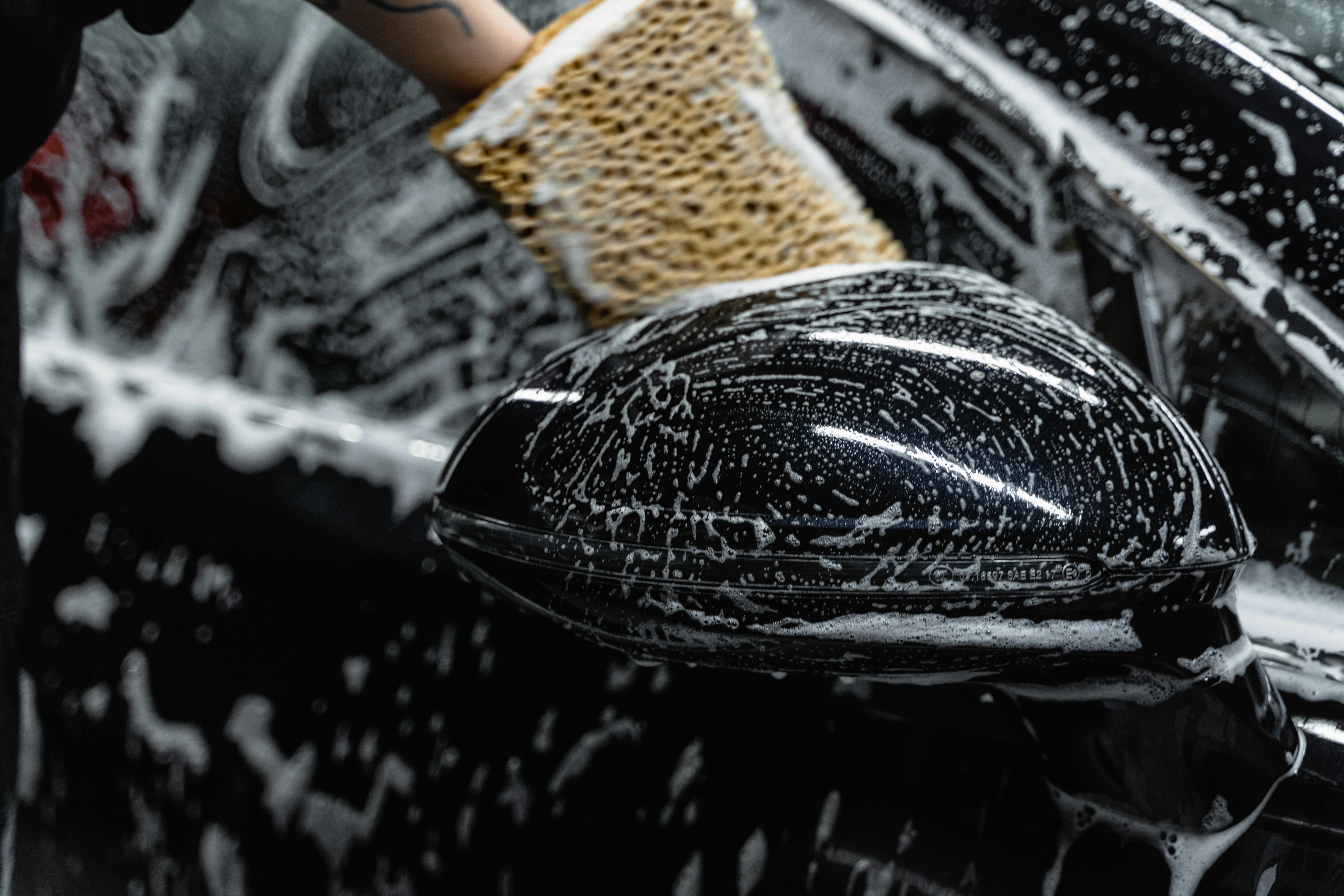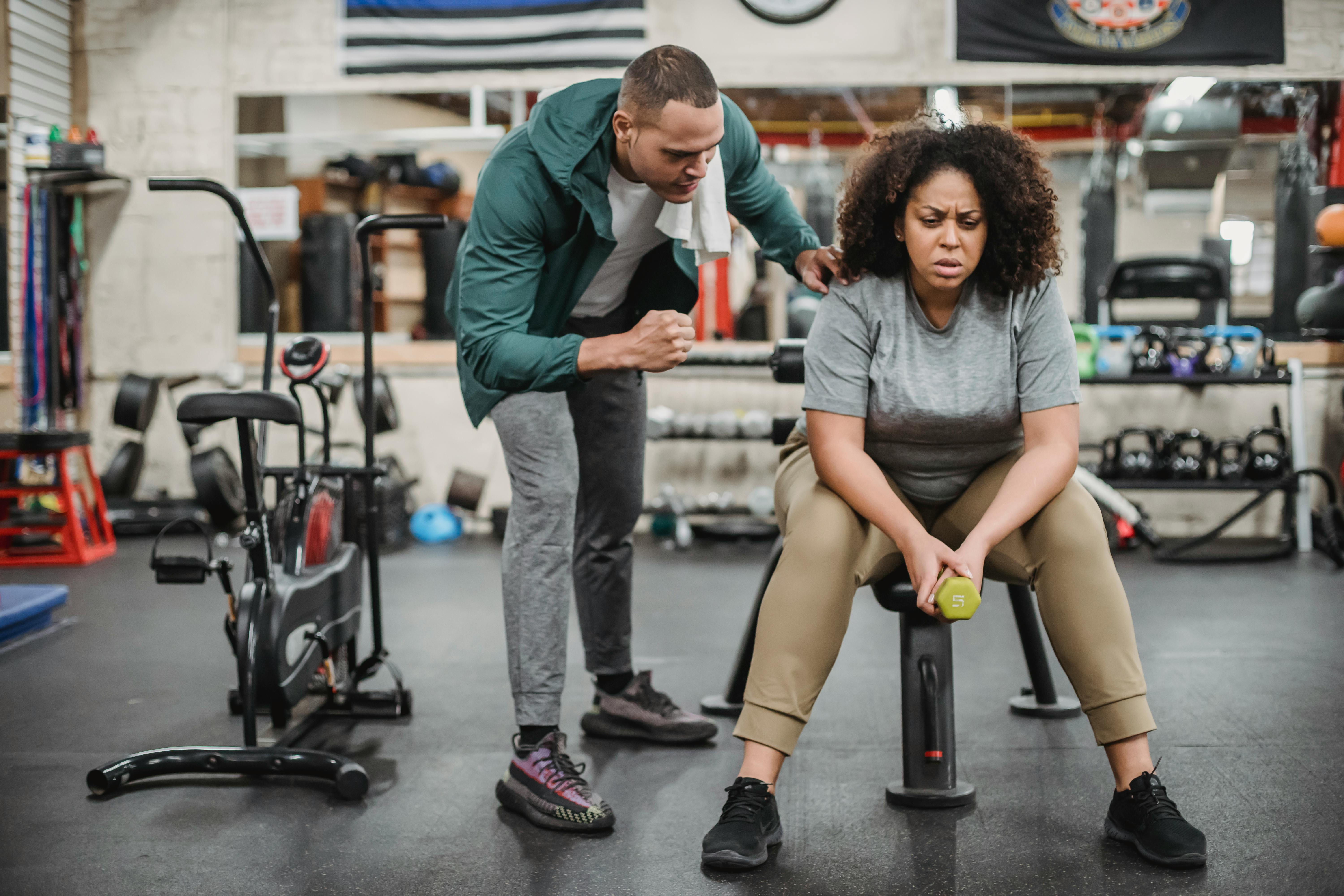Scripts are an important part of puppetry, but there’s more to a script than just reading and performing it. If that’s all you do with your scripts, you’re missing out. Here are 5 things you can do to get the most value from the scripts you use.
Scripts contain ideas that you can use to develop and write your own plays.
While the script itself is copyrighted, the ideas cannot be. Read through your scripts and see if you can think of an idea or two that you could develop into a new script. Then hide the script, and as a team, use one of those ideas to brainstorm what to include in the play, sketch out the play, and then write it. When writing it, make sure it’s your own creation and not a carbon copy of what was in the original script. If it looks too close to the original, you may be violating copyright laws. This process helps build your team and provides new material at the same time.
Years ago, we did a script that talked about One-a-Day Christian vitamins. It was well written and we used it often. That work could easily become a new and different work. Vitamins come in medicine-like containers. Medicines are important to help you heal when you are sick or injured. The Bible has principles and promises that can bring spiritual healing to people. Then you could write a script “The right recipe for what ails you.” When writing the script, change the names, setting, and characters and you’ll have a brand new script that’s completely different from the original and uniquely suited to your ministry.
The scripts will often give you suggestions for accessories, if you look for them.
In the vitamin skit, the puppets talked about vitamins, which gives several ideas for props: a container of vitamins that the puppet could hold, large “vitamins” that could be placed in the puppet’s hand, a large bottle of vitamin carton to place on stage next to the puppets, smaller cardboard vitamin bottles with labels the puppets could hold, etc.
In another work, a puppet pushes a button to try to start a car battery. You can have the puppet play the theater, or you can add a prop. We took a small box and attached it to a rod and then glued a knob to the top. When the time came, the puppet had a real button to press, which made the presentation more realistic.
The scripts give you clues as to what the puppets should wear.
One of our plays takes place in the Arctic. One day while at a garage sale, we came across two winter hats that were perfect for the play and puppets. We added some scarves, shook the puppets a bit to imitate the shiver and it looked like they were out in the cold.
Another play had a puppet magician. For him, we used a red cape and made a wand out of a wooden dowel. We didn’t have one, but a top hat would have completed the ensemble. By adding an article of clothing and an accessory, the audience knew that he was a magician without being told.
Scripts can give you ideas for sound effects to include in the play.
They could be: a ringing telephone, a ticking clock, the whistle of a distant train, sounds of traffic, barking dogs, etc.
The scripts give ideas for other teaching possibilities.
Chances are you include more in your shows than just puppets. In ours we use object lessons, balloon sculptures, gospel tricks, etc. Reading our works has often given us ideas for object lessons or learning activities to reinforce the teaching.
If you are performing the Christian Vitamin play, you could bring a bottle of vitamins as an object lesson to reinforce what is being said in the play. We have a skit where a puppet takes a shortcut on a path back to camp and ends up going through poison ivy. I followed it up using a map or GPS as an object lesson on the importance of following God’s Word. What object lessons could you develop from your works?
We have a play called Jesus is Always Around. Immediately after the play, you can do a learning activity to take the teaching home. Before the children arrive, hide a piece of paper with “Jesus is always near” written on it. After the play, have the children search for the paper. Once you find it, you can tell them that the paper was in the room the whole time they didn’t see it. No matter where you go or what you do, Jesus is with you even if you can’t see him. That learning activity was developed by spending a little time thinking and praying about a specific work. What can you do with the plays you have?
If your work is about the beatitudes, you could use a bee balloon sculpture to introduce or help apply the work. If you don’t know how to make one, use a picture of a bee for the same effect.
By thinking a little harder, you can get more value from your scripts and improve the quality of your plays and shows at the same time. Why not use some or all of these tips and see what additional value you can get from your scripts?



